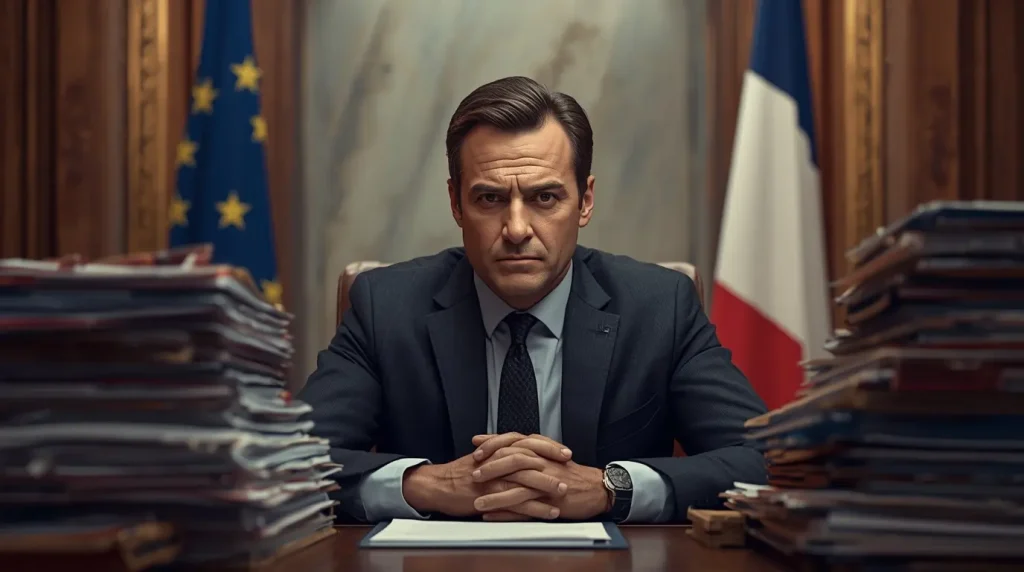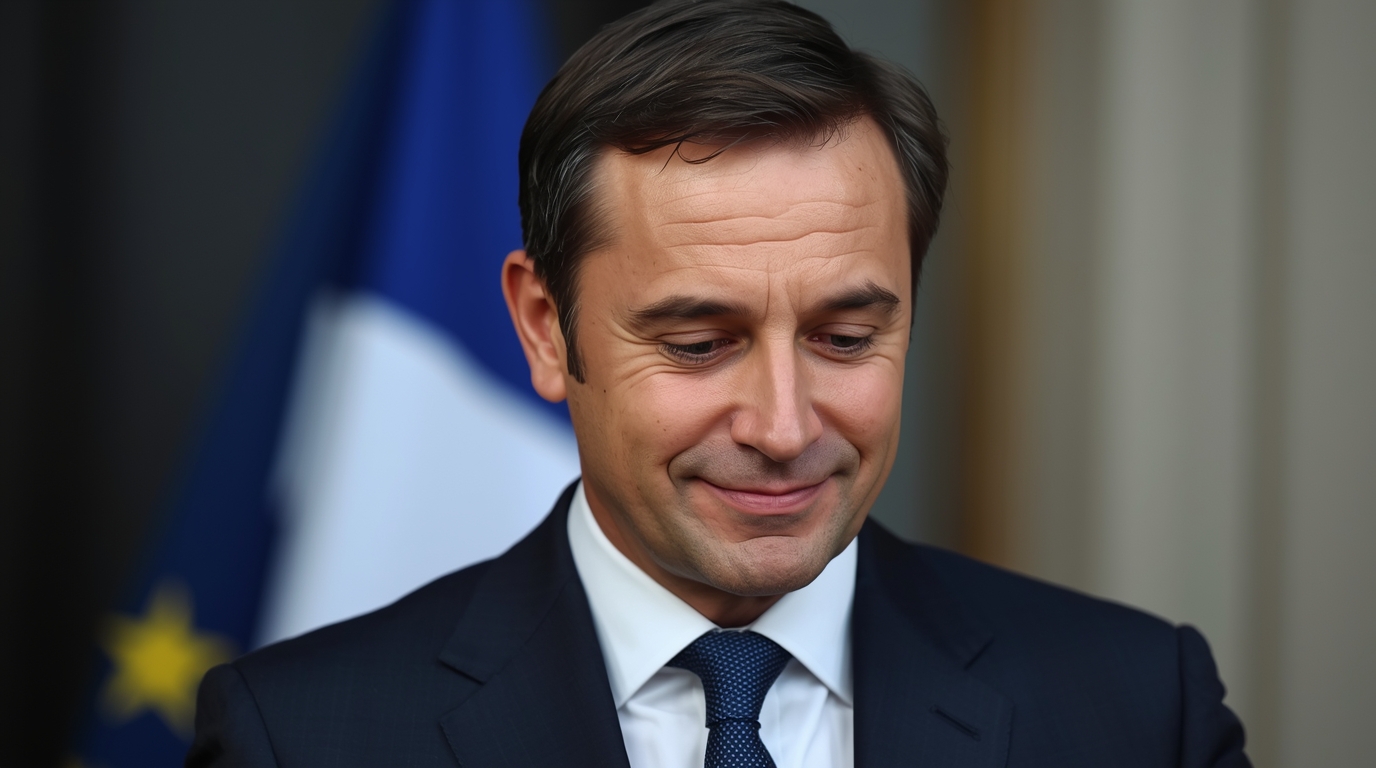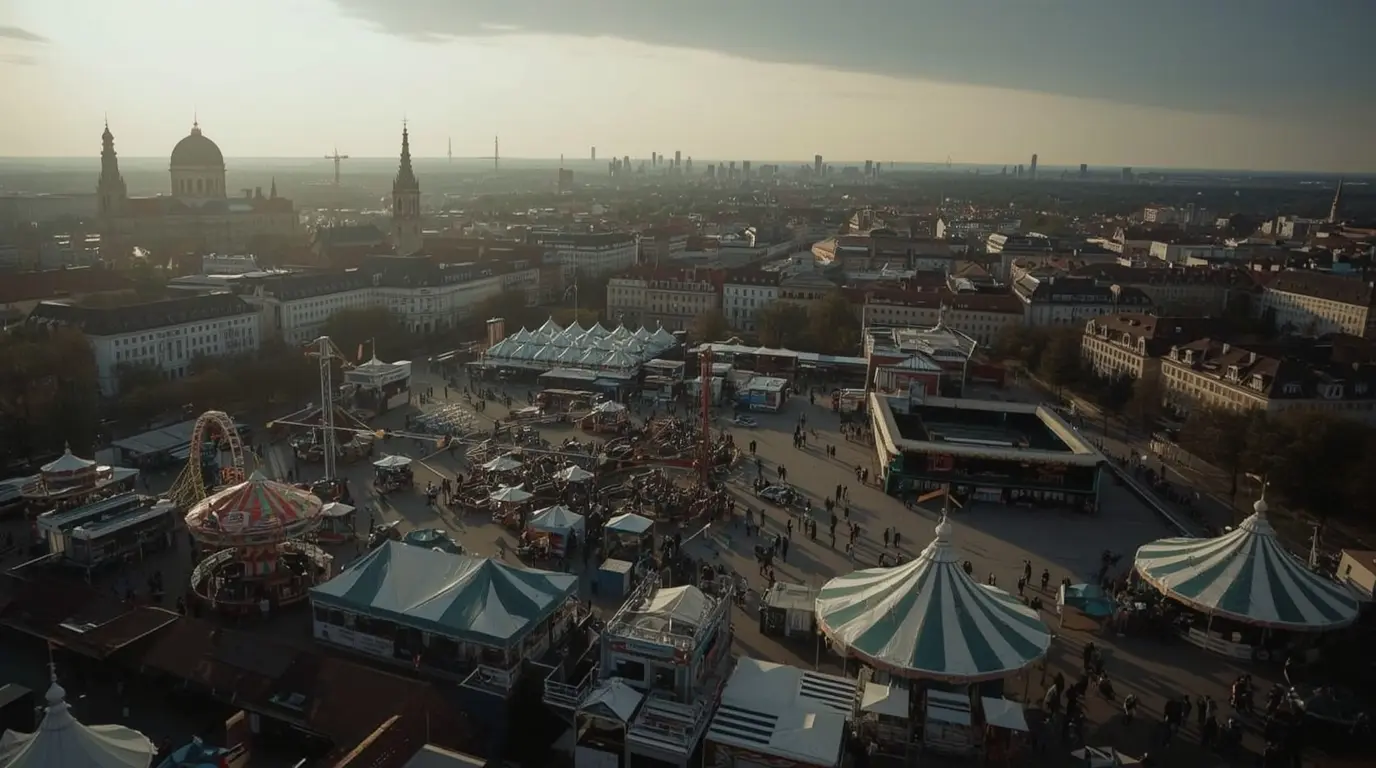In a turbulent political atmosphere, President Emmanuel Macron has appointed Sébastien Lecornu as France’s newest prime minister—the fifth to take the job in under twenty-four months. The timing is urgent: France is in the grip of a widening debt crisis, a parliament that cannot agree on any budget, and a surge of social unrest that could help spark large-scale demonstrations. Lecornu, who is only 39, now has to steer the ship through these storms while trying to push forward Macron’s pro-business reforms, which both the left and right have vowed to resist.
Sébastien Lecornu was defense minister before this new role, and his move to the higher office tells observers that Macron wants stability, not a sweeping policy revamp. The new prime minister has been a loyal supporter since the president’s first term began in 2017 and fits the mold of veteran insiders that Macron favors in a crisis. Lecornu’s rise comes right after the surprise resignation of his predecessor François Bayrou, who stepped down when lawmakers stripped him of confidence over a $51 billion budget cut that would have targeted France’s soaring debt.
The Ascent of Sébastien Lecornu
Sébastien Lecornu is part of the newer wave of French leaders who’ve climbed the political ladder in record time by hitching their careers to Emmanuel Macron’s centrist projet. He started out in the Republicans party on the right but defected to Macron’s cause in 2017 and almost immediately became a go-to fixer for the president’s agenda.
His rise is almost cinematic. Sébastien Lecornu spent his teenage years volunteering for Nicolas Sarkozy, won a mayoral race in a tiny seaside Normandy town at 18, and by 22 was advising the then-president as the administration’s youngest aide. That early boot camp in high-level decision-making has paid off: he has moved through various roles in Macron’s cabinet, driving key files as minister for the environment, nationwide local connections, overseas territories, and, most recently, as head of defense, guiding France’s military under a very complex global picture.
Since taking over as defense minister in 2022, Sébastien Lecornu has led an unprecedented military expansion in France. His signature achievement has been guiding a staggering €413 billion ($435 billion) defense spending plan that extends from 2024 to 2030, marking the largest increase in military funding in France in 50 years. By managing the French armed forces during a time of heightened international tension, especially since Russia’s invasion of Ukraine, Sébastien Lecornu has gained experience that could be crucial as he assumes the office of prime minister in an era marked by global volatility.
Immediate Budgetary Crisis
Sébastien Lecornu’s most urgent task will be steering a 2026 budget that must close an ever-widening deficit while avoiding fresh political turbulence. France’s budget deficit has climbed to €168.9 billion ($198 billion), or 5.8% of GDP, which far exceeds the 3% ceiling set by EU rules. Balancing the French budget under these conditions will likely require painful trade-offs, making the prime minister’s ability to build and maintain a broad political consensus more vital than ever in the coming months.
Table: France’s Debt Crisis at a Glance
| Metric | Value | EU Requirement |
|---|---|---|
| Budget deficit | 5.8% of GDP | 3% of GDP |
| Public debt | 114% of GDP | 60% of GDP |
| Total public debt | €3.3 trillion | N/A |
Bayrou’s 44-billion-euro ($51bn) plan to narrow the deficit included freezing most welfare spending and scrapping two public holidays. Such drastic cuts proved too controversial and led to his resignation. Now D.F. Secretary of State Sébastien Lecornu must design a budget that gains backing from a parliament sharply divided among rival factions. Macron’s centrist group, which no longer commands a clear majority, finds itself needing to bargain with the left-wing New Popular Front and the far-right National Rally simply to get basic legislation, let alone the budget, approved.
What worries Minister Sébastien Lecornu right now is the “Bloquons Tout” wave sweeping France. This movement is from the streets. There’s no easy-to-identify leader. Instead, small groups have joined together on Instagram, Twitter, and TikTok. They’re ready to bring trains, buses, and canals to a standstill, stage rolling workplace strikes, and fill city streets with marches. In response, the government plans to station 80,000 officers from Marseille to Lille. Dissent inside the Élysée is raw. Risky memories of the 2018 protests still echo. An old song of boiling anger against wealth and privilege is the last thing the Macron presidency wants to replay.
Since last month the Élysée has a caretaker named Comptroller Sébastien Lecornu. Macron has handed him the same page of the same script: sell France to the world’s billionaires. Ils écrira l’histoire. Lecornu is Macron’s commercial ambassador and nothing more. He values the rights of investors over the rights of workers. His only firing now is to cancel or rush infrastructure on the 2029 Summer Games ticket.
Macron has refused to soften the wealth tax on property or the working-age tax on the pension. That loan on the wealth tax, that pain of raising 62 to 64: reports inside the Élysée give the same warning. If Lecornu bends, France’s Premier and future deals cofounded by Ghosn and Toyota’s global franchises, Peugeot’s shares, and Carmaux’s water and steel processing, bring only debts to the presidency and loan faculties that preoccupied the president’s interests.
Naming Sébastien Lecornu as the new minister of the armed forces shows that Macron knows he might need the far-right National Rally’s quiet backing to push laws through Parliament. Lecornu has not shied away from reaching out to RN leaders; he stirred some controversy last year after dining with both Marine Le Pen and her protégé Jordan Bardella. With a Parliament this divided, that social network might help him keep things moving forward.
Bardella, widely viewed as Le Pen’s heir, is already giving Lecornu the bare-bones welcome. He’s said he might cooperate on the budget, but only if the minister meets a strict to-do list. “We will judge, without illusion, the new prime minister on his merits, on his actions, on his policies for providing France with a budget,” Bardella wrote on X. His “merit requirement” includes a pledge not to raise taxes on the “hard-working,” cuts to spending on immigration, and a smaller French contribution to the European Union budget.
“Block Everything” Row Blasts Through France
France is getting ready for street chaos as Prime Minister –designate Sébastien Lecornu gets ready for his first full day in office. The “Block Everything” wave, which kicked off in May by rights groups, is now a patchwork of left and far-left rage piled on top, fueled by anger against Macron and years of feeling ignored by France’s high and mighty. Think of it as everyone getting in on a national vent session.
Comparing it to the 2018 “yellow vest” surge is hardly exaggerating. Back then, people went wild over a diesel tax hike, and before you knew it, it turned intoevery issue on the reel against Macron. The “Block Everything” crowd is similarly stitched together. Sure, the headline is about cutting the national budget, but it swings widely into complaints over job prospects, rising bills, and a simple feeling that the good life is moving further and further away for too many.
We’re now seeing it chew into daily life. In Bordeaux, about 50 masked activists rolled in hoping to toss the docks into a standstill, while Toulouse had a freak fire torch a cable and jam trains to the nearby town of Auch. Vinci, the highway operator, relayed headaches on the N, A and D roads, streaming from Marseille to Lyon in a crawling line of frustrated vehicles. The whole country is already groaning at the jam.
In the French capital, cops turned around about a thousand people trying to squeeze into the Gare du Nord, matched by crowds on the city’s ring road who built makeshift barricades and threw stuff at officers during the morning rush. By the time dawn came on Wednesday, around 200 people across the country had been cuffed.
Global Context
While dealing with the mess at home, Sébastien Lecornu still has to keep France’s reputation abroad and juggle the war fronts in Ukraine and Gaza, plus the ever-changing focus of U.S. President Donald Trump.
Sébastien Lecornu’s time as the defense chief counts for a lot when it comes to dealing with foreign policy. He’s been a key player in crafting Paris’s answer to the Russian invasion of Ukraine—sending a ton of military gear to Kyiv and pushing European allies to provide security pledges in case a deal with Russia ever comes through.
As a side note, France just rolled out a fresh “Indo-Pacific Strategy” report, stressing yet again that a peaceful and stable Taiwan Strait matters to the Republique. This wider vision could steer Sébastien Lecornu’s daily to-do list even as he wrestles with homegrown problems and still plays the diplomat on the global stage.
The Path Forward
To avoid the mistakes of those who came before him, Sébastien Lecornu must somehow forge a shaky middle ground between factions that do not trust each other. Edouard Philippe, who served as Emmanuel Macron’s first prime minister from 2017 to 2020, believes Lecornu has the skills to pull it off: “He knows how to debate. Now he must use that gift to both argue and listen, to squeeze out a deal from the messy circumstances he faces”.
Philippe made it clear that Lecornu must somehow pull the Socialist Party into the tent, because without a budget compromise, the government faces a fresh crisis and the prospect of new, potentially destabilizing, elections.
Time is no ally. Sébastien Lecornu has until October 7 to submit a completed draft budget for 2026 to the National Assembly, with a slimmest of extensions until October 13—after that, ministers and deputies will have no realistic chance to pass the 2026 budget by the end of the year.
Meanwhile, Fitch is due to update its assessment of France’s credit worthiness on Friday. A downgrade from the current AA- rating would push borrowing costs higher, intensifying France’s already tight fiscal quandary.
Conclusion: A Nation at a Crossroads
Sébastien Lecornu’s rise to prime minister reflects both the steady sailing and the turbulent waters of Emmanuel Macron’s presidency. Choosing a confidant shows the president isn’t veering from his pro-business agenda and prefers reforms to confrontation with the opposition, which remains morally and numerically fragmented. Despite the loyalty Lecornu commands, the coalition he leads is a coalition of nobody and he must now stitch together a workable majority across rival camps, rural grievances, and regional spending priorities.
France is patching wounds from day-to-day protests while grappling with longer-term economic obstacles. Performance over the next few months will largely define Macron’s final imprint and the euro zone’s confidence in the French engine. Sébastien Lecornu’s talent will ultimately be judged in the months ahead, and the minister must be both navigator and negotiator of a polity that hasn’t stitched itself in decades, alone from Macron, alone from partisan mantras, alone from scandal. The critics and the euro-trust traders will be watching, for his time to shine is shrinking, the political clock that bleeds gaulliste and state-royale time.

With strikes and demonstrations already in view, and critical budget talks over deficit, green spending and pensions around the corner, Selecting Sébastien Lecornu the day is like entrusting of a tight commission with a delicate gilding, the commission the public commissioned on the shelves now, must atunion and compromise quickly. His craft of bridge-building could either write the next chapter of French unity or calcify a period of tormented fracturing that corporations and communes alike will pay for in years to come.
Source: https://edition.cnn.com/2025/09/09/europe/sebastien-lecornu-france-prime-minister-latam-intl
For more incredible stories of everyday news, return to our homepage.





